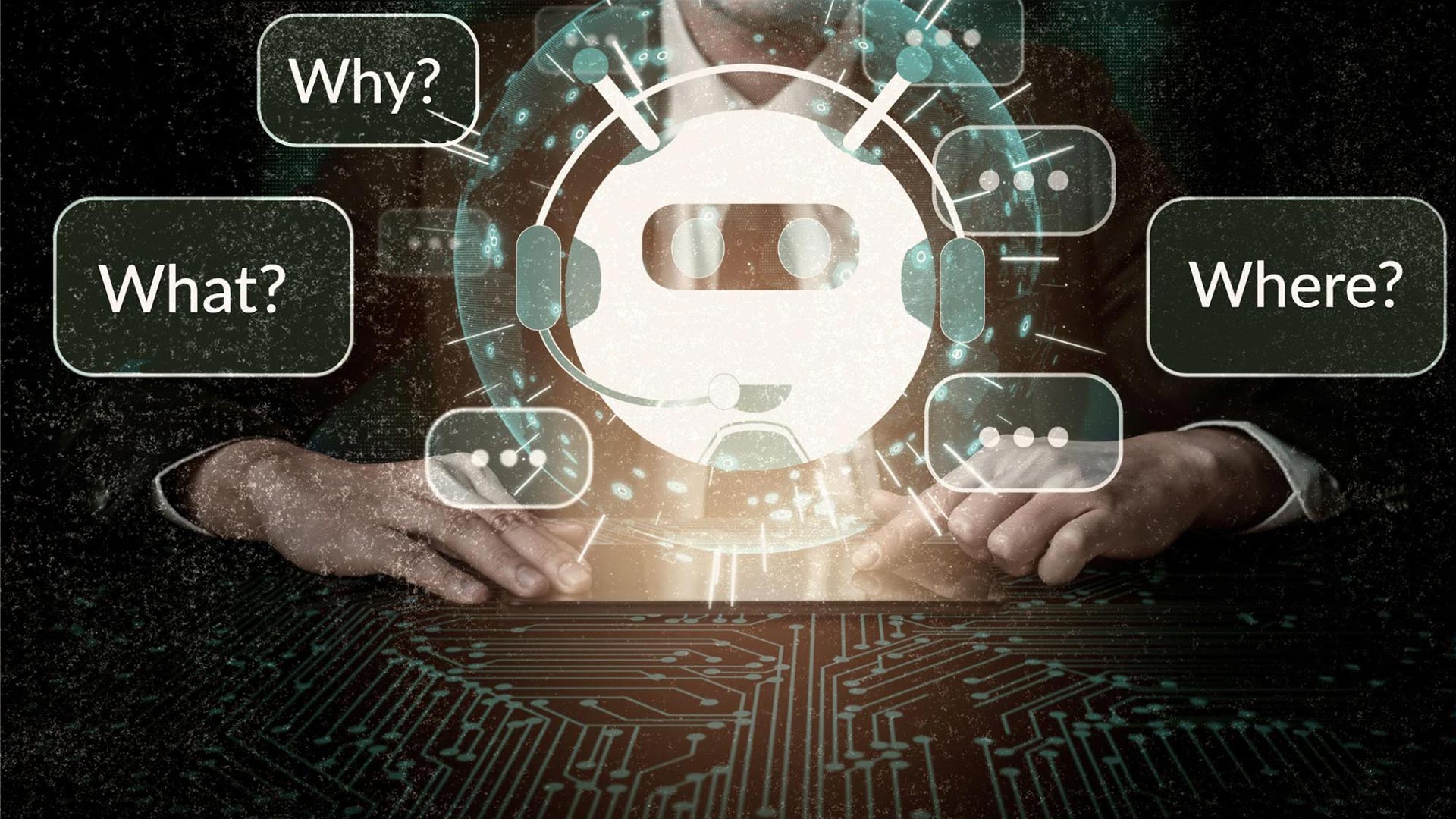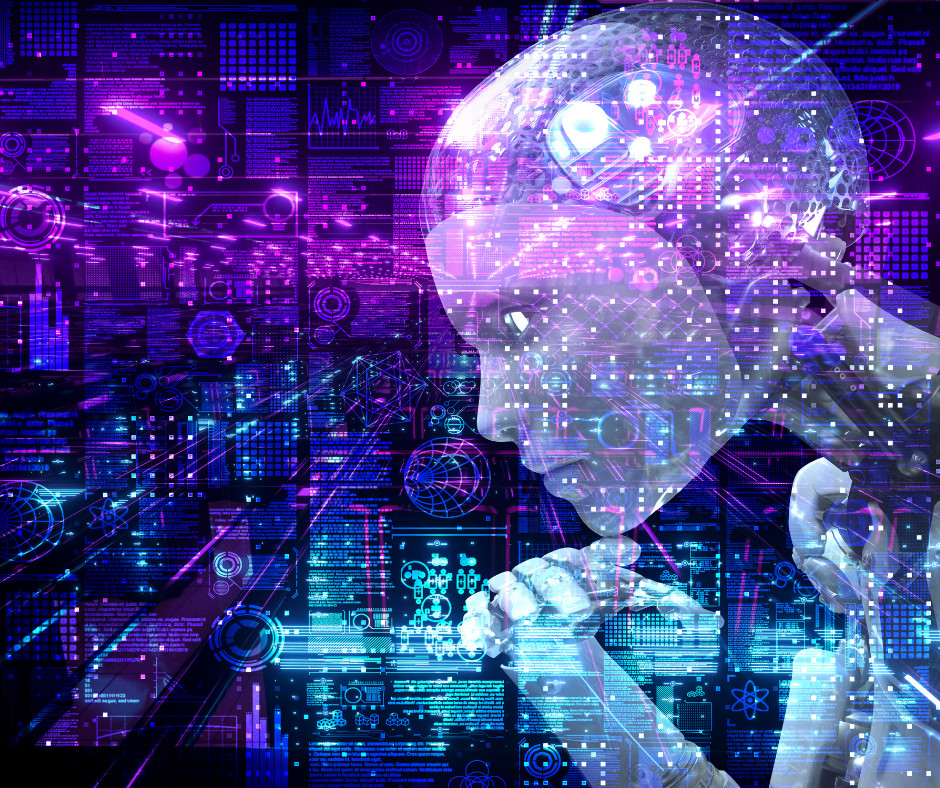Artificial Intelligence (AI) has become a revolutionary force in various domains, from healthcare to finance and transportation. It is transforming the way we interact with technology, making significant strides in automating tasks and enhancing decision-making. However, despite its remarkable capabilities, AI also comes with limitations and risks that need to be acknowledged and addressed.
1. Data Dependence
AI algorithms require large amounts of quality data for training and learning. The performance and accuracy of AI systems heavily rely on the quality and diversity of the data they are exposed to. Insufficient or biased data can lead to inaccurate, biased, or discriminatory outcomes. Additionally, AI systems can be vulnerable to manipulation or targeted attacks if the data they are trained on is compromised.
2. Lack of Contextual Understanding
While AI systems have excelled in specific tasks such as image and speech recognition, they often struggle with grasping contextual understanding. AI lacks the ability to comprehend nuanced human emotions, sarcasm, or cultural references, leading to misinterpretations or inappropriate responses. This limitation can hinder effective communication and raise ethical concerns, especially in customer service or sensitive situations.

3. Overreliance on Data
AI systems heavily depend on the data they are trained on, which can lead to overreliance on patterns present in the training data. This overreliance can result in biased decision-making or perpetuating societal prejudices. For example, if an AI hiring system is trained on historical data that reflects discriminatory hiring practices, it might perpetuate those biases by recommending candidates based on potentially unfair characteristics such as race or gender.
4. Lack of Creativity and Intuition
While AI excels in tasks that require analytical abilities and pattern recognition, it lacks human qualities such as creativity and intuition. AI systems cannot think outside the box, dream up new ideas, or produce original works of art. The essence of human creativity and intuition, which often involves abstract thinking and emotional experiences, is yet to be replicated by AI. It remains a significant limitation in fields that demand imagination and innovation.
5. Ethical Concerns
AI raises various ethical concerns. As AI systems become more autonomous, decisions made by AI algorithms can have significant consequences. There is a need for transparency and accountability to ensure that AI systems make fair and unbiased decisions. Moreover, AI systems can amplify existing societal biases, leading to discriminatory outcomes in areas such as hiring, lending, or criminal justice. Addressing these ethical concerns is crucial to prevent potential harm and impact on human lives.

6. Job Displacement
The advancements in AI and automation have the potential to disrupt existing job markets. As AI systems become more capable, there is a risk of job displacement for certain occupations. Roles that involve routine, repetitive tasks are particularly vulnerable. Ensuring a smooth transition and reskilling of the workforce is essential to mitigate the negative impact on individuals and society.
7. Security and Privacy Risks
The reliance on AI systems also introduces security and privacy risks. AI algorithms are susceptible to adversarial attacks, where malicious actors manipulate inputs to deceive or exploit AI systems. Additionally, AI systems often handle large amounts of sensitive personal data, raising concerns about data privacy and potential breaches. Robust safeguards and security measures must be implemented to protect against these risks.
Conclusion
While artificial intelligence has made remarkable achievements in recent years, it is essential to recognize and address its limitations and risks. From data dependence and lack of contextual understanding to ethical concerns and job displacement, these challenges require careful consideration and proactive measures. By understanding these limitations and working towards mitigating associated risks, we can harness the true potential of AI while ensuring a responsible and ethical implementation.








